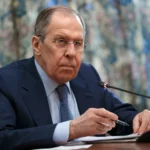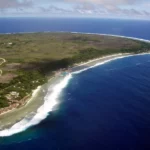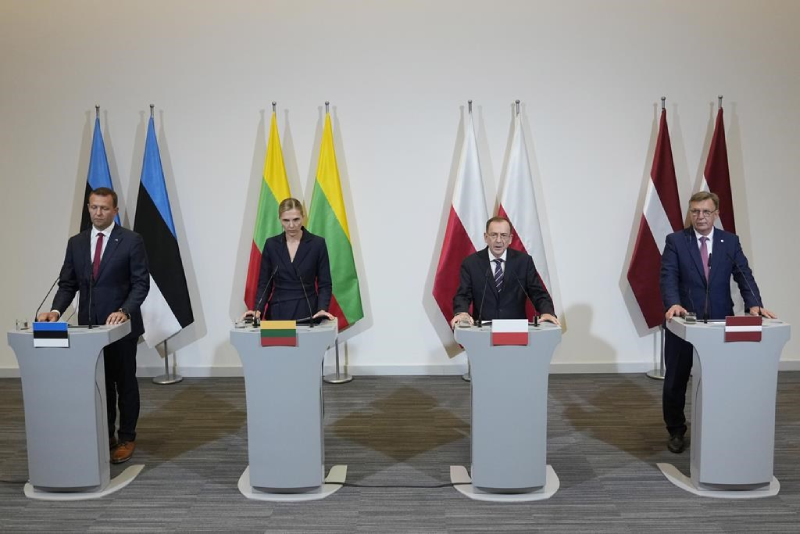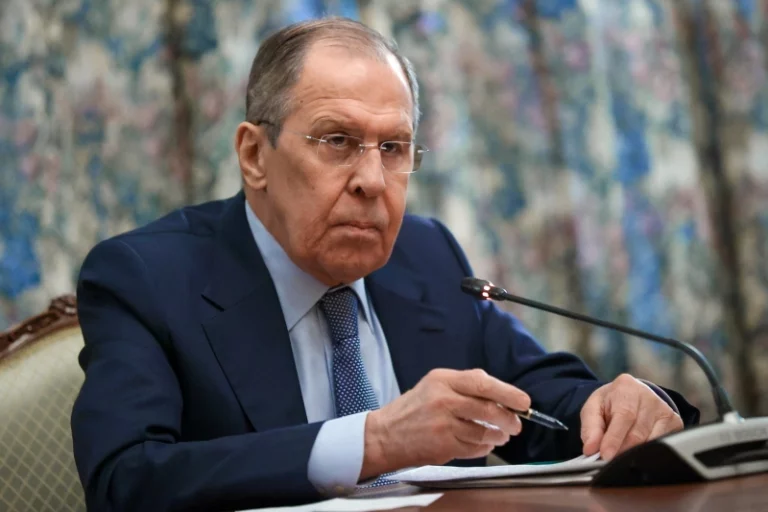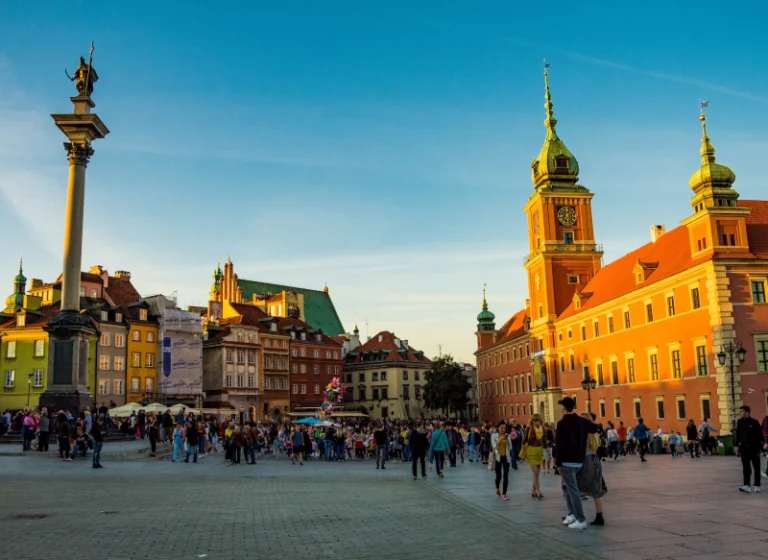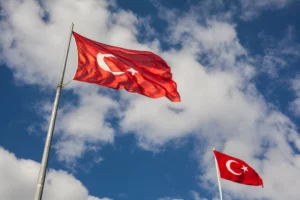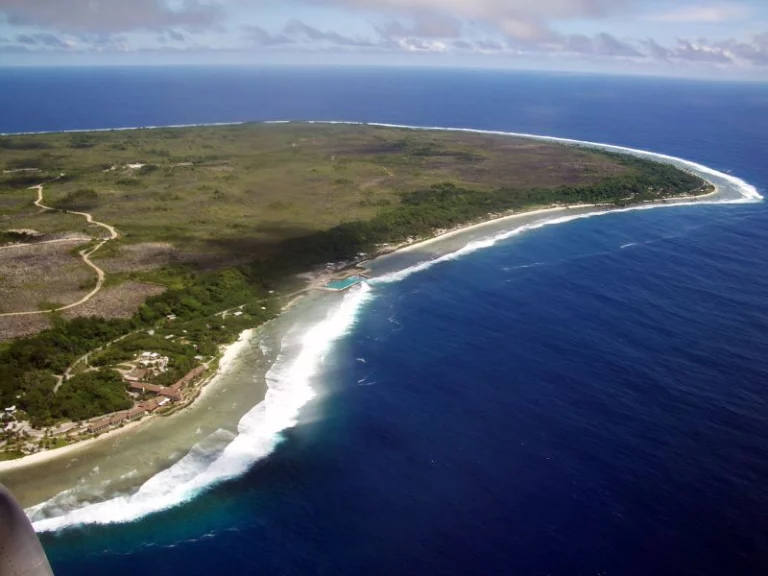The intensifying military and migrant challenges stemming from Belarus are poised to have significant implications for the residents and citizens of Poland and the Baltic states. This report delves into the warnings issued by NATO member nations Poland and the Baltic countries regarding the potential sealing of their borders with Belarus in response to mounting military incidents and migrant movements orchestrated by Minsk.
Escalating concerns on NATO and EU borders
As tensions escalate along the borders of NATO and the European Union with Belarus, interior ministers from the region have expressed growing concerns. Belarus has become a hotspot for Russian military mercenaries and a launch point for Middle Eastern and African migrants entering Europe, even in the face of erected barriers. The interior ministers have signaled their preparedness for swift, concerted action in the event of military escalations or a large-scale migrant surge.
Collective demands and immediate responses
Interior ministers from Poland, Lithuania, Latvia, and Estonia recently held discussions in Warsaw, resulting in a joint statement that carries implications for the aforementioned nations’ residents. Their collective demands include the swift removal of Wagner Group mercenaries, who have found refuge within Belarus under President Alexander Lukashenko’s regime. The ministers also called for the relocation of migrants away from border areas and their repatriation to their countries of origin.
Border closure in response to critical incidents
Poland’s Interior Minister Mariusz Kaminski emphasized that any situation deemed a “critical incident,” whether involving military confrontations or an influx of migrants from Belarus, would trigger an immediate response. This could entail the closure of all border crossings, affecting both travelers and goods. Plans to support Belarusian political opposition in such scenarios have been developed, although specifics remain undisclosed.
Geopolitical significance of borders
The geographical layout of the region underscores the strategic importance of these developments for Poland and the Baltic residents. Poland shares a border with both Belarus and Russia’s Kaliningrad exclave. Lithuania’s borders with Belarus and Russia, Latvia’s adjacency to both Belarus and Russia, and Estonia’s border with Russia create a complex geopolitical landscape. Latvia’s alignment with the group’s decisions highlights the broader implications that these border actions might have on relations with Russia.
Fragile dynamics with Wagner Group and nuclear weapons
The recent death of Wagner Group leader Yevgeny Prigozhin in a Russian plane crash raises questions about the group’s trajectory. Polish Interior Minister Mariusz Kaminski labeled the Wagner Group as “extremely dangerous” and “demoralized,” cautioning that the group’s activities threaten the stability of Belarus and the wider region.
In a related development, Russian President Vladimir Putin has mandated that Wagner fighters pledge allegiance to the Russian state. Meanwhile, Poland’s President Andrzej Duda confirmed Russia’s transfer of short-range nuclear weapons to neighboring Belarus. This move has the potential to reshape the security landscape of the region and alter the dynamic of the NATO military alliance.
Conclusion
The escalating military and migrant pressures emerging from Belarus hold profound implications for Poland and the Baltic residents. As the situation unfolds, the potential sealing of borders represents a significant response to mounting challenges, reflecting the intricate geopolitical dynamics at play in this region.

